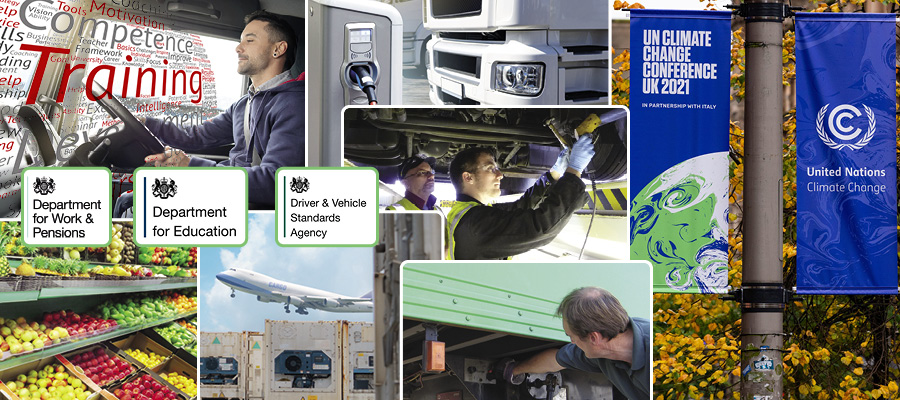🕒 Article read time: 2 minutes
Policy Campaign Spotlight – June 2022

Highlight of a campaign being run by the Logistics UK policy team.
Freight by water
Shipping and inland water freight is one of the more environmentally sustainable modes of transport for the logistics sector. Despite the environmental benefits to moving goods by inland waterways, the government has not set a growth target for freight by water, as it has plans to for rail freight. Logistics UK has been working to get inland water freight on the government’s agenda and reform the grand funding process to support that.
As part of this work, Logistics UK recently hosted a water freight seminar with The Company of Watermen & Lightermen of the River Thames in London which was attended by 50 delegates from across the industry – from active members in water freight and port members to representatives from the Thames Estuary Growth Board and Department for Transport (DfT). Industry experts spoke about the current increases in freight activity on the Thames and how this can be expanded both in the capital and elsewhere across the UK, such as northern England and Scotland.
The event has proved to be a catalyst for further engagement across industry, as well as with DfT, which is now actively discussing the water freight sector with us. As well as DfT, we are engaging with the Department for Environment, Food and Rural Affairs (Defra) and the Department for Levelling Up, Housing and Communities (DLUHC), which also have a stake in managing inland waterways.
We now need to build on the momentum to prove that inland water freight is part of the solution to support the UK’s sustainability targets, and implement change in line with our policy asks.
We are calling for a dedicated, cross-departmental team to focus on fulfilling the opportunities in inland water freight. We want to see a target set for water freight and grant funding reform, which will be reviewed in 2024. Previously, the Freight Facilities Grant was in place in the UK to cover infrastructure costs, such as building a new wharf or barge. This was discontinued in England and funding is only currently available for transporting costs. Mode Shift Revenue Support (MSRS) is available, but currently 95% of it goes to rail. We will now work with members across the regions and external parties to identify what funding, and other provision, is needed to increase modal shift and decrease carbon emissions.
We are shortly expecting a report to be published by the Thames Estuary Growth Board with analysis of the MSRS and we will use this evidence to support our engagement and policy asks. The sector is coming together to show a unified voice to government and we will continue our work with membership to build our specific policy asks and engage with government to influence change.
*www.logistics.org.uk/campaigns
Published On: 16/06/2022 16:00:56

Comments Section
If you are a Logistics UK member login to add comments.